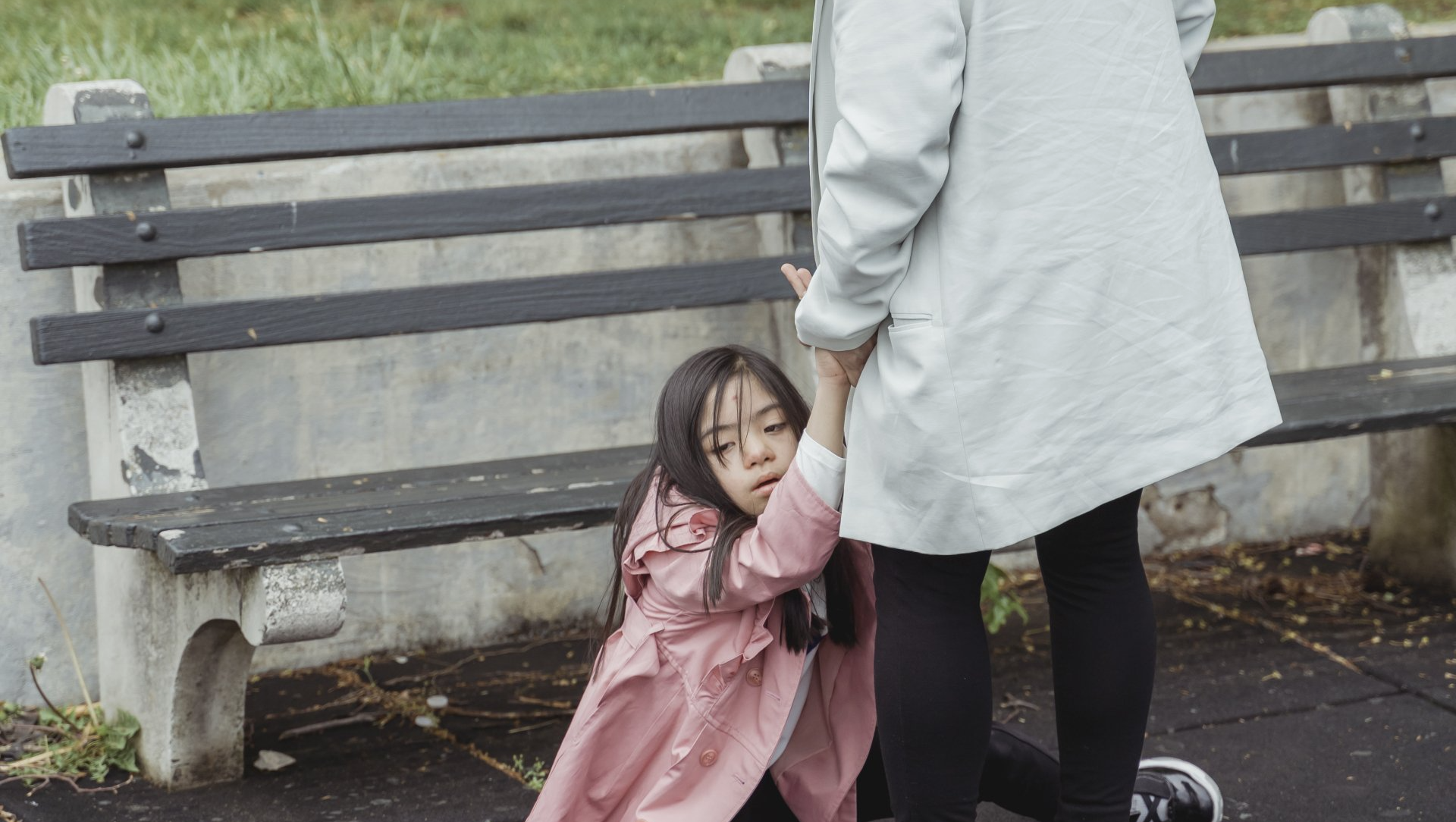How can we help kids to self regulate their emotions?
If you’re a parent, chances are you’ve witnessed a tantrum or two in your day. We expect them in two-year-olds, but if your child reaches school age and meltdowns and outbursts are still frequent, it may be a sign that they have difficulty with emotional self-regulation.

What is self-regulation?
Self-regulation is the ability to manage your emotions and behaviour in accordance with the demands of the situation. It includes being able to resist highly emotional reactions to upsetting stimuli, to calm yourself down when you get upset, to adjust to a change in expectations, and to handle frustration without an outburst. It is a set of skills that enables children, as they mature, to direct their own behaviour towards a goal, despite the unpredictability of the world and our own feelings.
What does emotional dysregulation look like?
There are many different types of emotional dysregulation, and each person’s experience is unique. Typically, emotional dysregulation means an individual has excessively intense emotions in response to a trigger. Therefore, an individual may feel their emotions are out of control. They may also have difficulties recognising their emotions and feel confused, guilty, or stressed about their behaviour.
Some common symptoms include:
- experiencing strong emotional reactions to events that would not normally affect other people
- mood swings
- feeling overwhelmed by emotions
- having intense emotions that are difficult to control
- inability to cope with stress
- depression
- anxiety
- self-harm
- excessive substance use
- Children with ADHD or anxiety may also find it particularly challenging to manage their emotions, and need more help to develop emotional regulation skills.
How can we teach our children self-regulation skills?
As a parent, you can help your child navigate challenging experiences, maybe assisting them to go to school feeling calm, confident and ready to learn if this is what is bothering them. Here are some tips:
- Naming your feelings - talking about your feelings and naming them is a way for children to begin using vocabulary to express their emotions. Encouraging children to say, for example, ‘I feel sad today’, gives you a starting point for exploring the cause of the problem. You can encourage this language by using it yourself, for example naming your own emotions ‘I feel very happy today because…’, ‘I feel a bit sad today because…’.
- Play games -using games to explore feelings is a great way to teach children about emotions. Try games with picture cards – i.e. asking the child to name the correct feeling from facial expressions – is one example. Alternatively, you could get the whole family involved by taking pictures of them displaying different emotions.
- Activities - when your child is feeling sad, angry or frustrated, have some activities planned to help them express themselves. For example, painting, playing in the sand, using playdough or encouraging them to dance to their favourite music.
- Mindfulness - explore mindfulness techniques to quieten their busy minds. Teach them breathing techniques to use when they are angry or upset. You could also try joining a yoga for kids class in your area.
- Learning together
- Another option to consider is checking to see how you’re feeling as a parent. Children learn their behaviours primarily from looking to their parents as role models. Do you feel stressed and overwhelmed? It’s worth considering what messages your facial expression and body language are sending to your child.
As you consider some of the above techniques for your child, think about whether you could do them together, so you can both benefit.
If you are still concerned about your child’s stress levels after trying the above suggestions, remember that you’re not alone. An excellent place to start is talking with their teacher.




